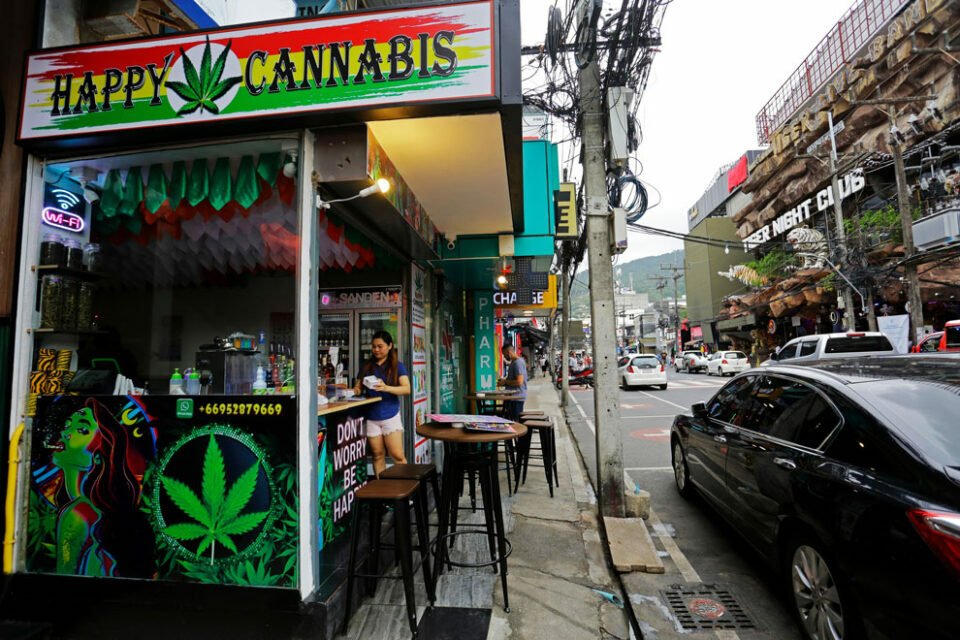Action to reclassify cannabis as an illegal narcotic is inevitable, whether the Move Forward Party and its supporters take office as the next Thai government in August or not, and even if they don’t. Numerous surveys reveal that many Thais oppose a drug-free society because they believe it poses a threat to the morality of their children and to public health in general. However, this does not automatically mean that the nation must go back to the previous era of enormous incarceration of foreigners and Thais for marijuana use wherever on public or private property. A parliamentary bill’s devil will be in the details, as usual.
According to Thongchai Somprasart, spokesman for Thai Freedom Group, which advocates for some farmers and growers, billions of baht in investments and even more in lucrative sales of the plant for recreational use are at risk. “The emphasis must be on partial criminalization rather than an outright ban because we already know that the medical use of marijuana will not be made unlawful again.” In “24-hour” tourist towns like Pattaya, he continues, smoking legal marijuana might be permitted as long as it took place in designated cafes and other establishments. Thongchai cites Holland as an instance of a place where such a policy is effective.Israel offers a different solution since it views marijuana use as a public health issue similar to smoking cigarettes rather than a social one. Citizens and guests who have less than 15 grams of marijuana at home are not prosecuted, while larger offenders face fines rather than incarceration unless they are flagrant repeat offenders. If such a policy were implemented in Thailand, adults would be required to pay fines for marijuana offenses similar to how they do for infractions of minor traffic laws, with a points system to determine the severity of the offense.
In several American jurisdictions, adult marijuana use for medical and recreational purposes is not illegal when done in “private spaces” or “out of the public eye.” This gives consumers still another option. Only smoking would be prohibited in this version in public places including buildings, clubs, pubs, and restaurants. The Volstead Act of 1919, which started the era of alcohol prohibition in the United States, could also serve as a model. It’s important to remember that Volstead only made the production and distribution of alcohol illegal, not the consumption of it. If this were the case in Thailand, it would imply that the authorities would focus more on the growers of cannabis than the users.Without a doubt, Thailand needs immediate legislation to address the cannabis problem. However, just going back in time is not the wisest course of action. And there is some hope, even if it is just due to the Move Forward Party’s lack of consistency. The delisting of cannabis as a narcotic in June of last year did not raise any objections from its MPs, who backed the usage of cannabis for medical purposes. Previously, a few coalition partners of Move Forward with other parties have exhibited similar ambiguity. Right now, open-mindedness and thorough research are required. The new Thailand should not be seen as engaging in dictatorial policies and political games.




